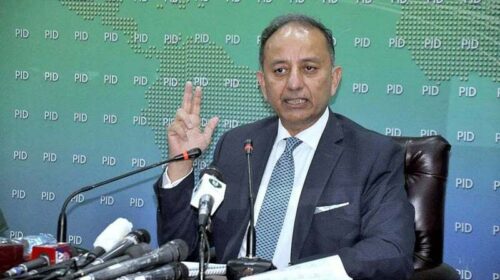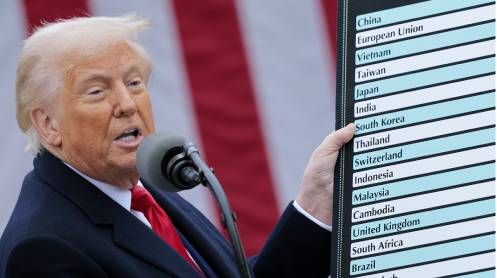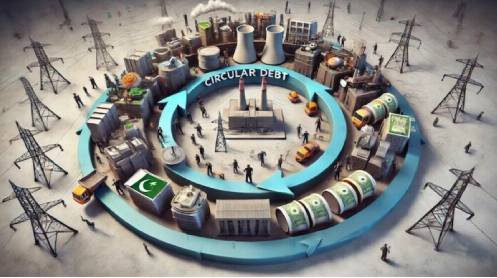An increase in electricity tariff would follow fuel price adjustment through withdrawal of subsidies while protecting the poor under principles agreed to with the International Monetary Fund (IMF), Minister of State for Petroleum Musadiq Malik said on Friday.
Speaking at a news conference, he said Minister for Finance Miftah Ismail had very skillfully finalised conditions with the International Monetary Fund (IMF) in recent negotiations. He added that while borrowed money could not be doled out to the rich, a mechanism should be in place to ensure that the poor are protected in the process of withdrawal of subsidies.
He said Pakistan has committed to ending global subsidies that are equally available to the rich and the poor. “This is the high-level agreement under which we are taking all these decisions,” he said, adding the electricity prices would also be adjusted on the same lines so that the poor remain protected.
But the challenge, he said, was that four out of six families had an income range of Rs25,000-30,000 per month because of poor economic policies and mismanagement coupled with external factors over the past four years. He said the conditions had been on how to bring the process of the IMF programme back on track. He expected that a contract with the IMF would be finalised shortly and the country would move towards stability.
He said the government’s decision to increase petroleum prices had revived market confidence, and the rupee gained Rs2 against the dollar and the stock market recovered.
Mr Malik said former prime minister Imran Khan reduced prices and froze them for four months when it became clear to him that he was on the way out, but there was nothing on the government record that suggested the decision was taken by the Economic Coordination Committee, the cabinet, or with the written order of the prime minister or any sanction given by the ministry of finance.
The announcement, nevertheless, had a monthly impact of about Rs120bn to Rs360bn of direct subsidy for a limited period, but the overall financial impact worked out at Rs700-800bn in three to four months if taxes were also included. This is higher than the Rs520bn full year expenditure on running of the civil administration. He said the new government took time to address this challenge because the leadership wanted a foolproof mechanism that protected the poor from price hikes.
Talking about PTI’s claims of 30pc cheaper oil and LNG import deals with Russia, the petroleum minister said there was no agreement or memorandum of understanding on record which could have proved such claims. However, the former energy minister had written a letter to the Russian minister showing interest in purchasing oil and gas from Russia without any response from the other side.
Pakistan’s ambassador in Moscow approached the Russian energy ministry, but did not get a response either on cheaper oil or gas, said Mr Malik. He further claimed the Russians showed inclination for discussion on infrastructure projects. As a follow-up, Pakistan’s Ministry of Foreign Affairs took up the matter again with the Russian envoy in Islamabad, who advised to repeat a similar letter, which was done by the Pakistani side but without any response so far.
He said PTI was also spreading disinformation about purported cheaper Indian oil prices following the Russian deal. The fact, on the other hand, was that even after the price increase, Pakistan’s petrol price stood at Rs180 per litre against India’s Rs250 per litre. Similarly, the diesel price in India is now Rs234 per litre, up from Rs174 per litre, implying that even the most recent prices in Pakistan are significantly lower than those in India. Secondly, India had only reduced central excise duty on petrol and diesel prices while the GST — its counterpart tax in Pakistan — was already zero, he added.





